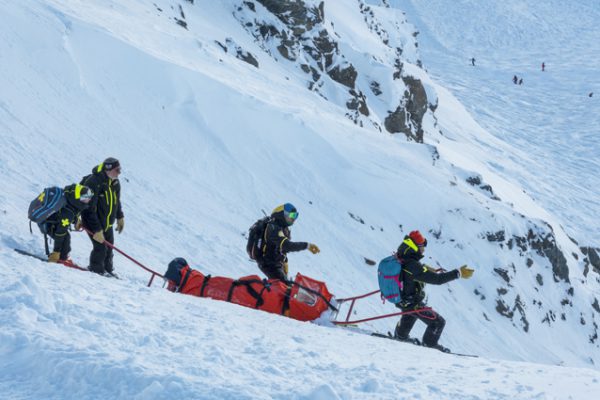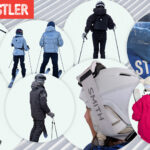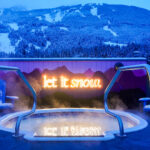After their busiest summer ever, search and rescue (SAR) groups in B.C. are gearing up for an ominous winter.
Calls to volunteer crews increased approximately 30 per cent during the spring and summer, compared to last year, as record numbers of people rushed to the solitude of the outdoors. They were able to keep up, says Dwight Yochim, senior manager of B.C. SAR, despite extra safety and cleaning protocols. But the extra work is wearing and worrisome.
“More rescues are involving inexperienced people,” he says. “Going into winter, the trend is disturbing.”

He expects more people will head into the backcountry with less knowledge of avalanche avoidance and self-rescue. Public safety organizations are trying to fill the gap. Adventure Smart, a national education program, and Avalanche Canada, a conditions forecaster focused in B.C., plan to continue outreach efforts, but COVID protocols will limit their campaigns. And the pandemic’s fallout on tourism may impact the latter’s ability to keep the public safe.
To build its avalanche forecasts Avalanche Canada relies on InfoEx, a communication system. Every day they operate, ski-touring lodges, resorts, and heli- and cat-ski operations across the province report observations on snow conditions, weather and avalanche activity. Forecasters turn the data into bulletins that help recreational users decide where and how (or if) to ski.
“The majority of InfoEx subscribers are heli- and cat-skiing operations, an industry that will be significantly affected this winter,” says Mary Clayton, communications manager for Avalanche Canada.
Historically, Canadians only made up about five per cent of heli-ski guests and less than half of cat-skiing customers. Some operations have cancelled their entire season, while others were busy all autumn filling seats with Canadians, often families and skiers willing to bubble. Clayton doesn’t know how much less data Avalanche Canada will have to work without, but she does know fewer helicopters will be flying around the mountains this winter.
“There’s a long history of heli-ski operators dropping everything to help with avalanche incidents,” she says. “Their presence has made the difference between life and death numerous times. This winter, the option of calling in the cavalry is going to be significantly diminished.”



